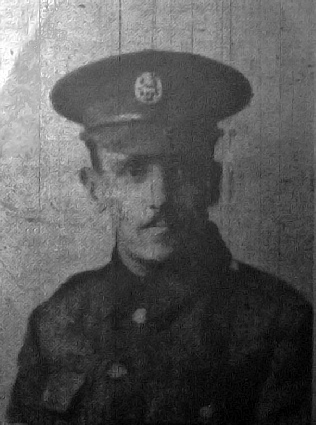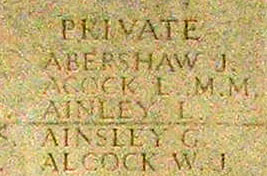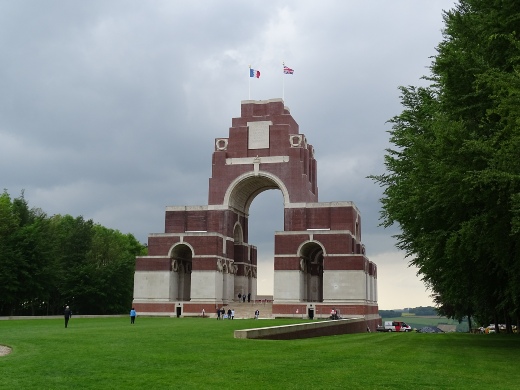|
|
Source |
||||
|
CWGC |
SDGW |
Uttoxeter Advertiser |
Other |
||
|
Parents |
John and Wilhelmina Alcock, of 22, The Picknalls, Uttoxeter |
|
|
|
2a 2d 2g |
|
The Picknalls, Uttoxeter |
|
|
5 |
|
|
|
22, The Picknalls, Uttoxeter |
|
|
|
2d 2m |
|
|
John and Wilhelmina Alcock, of 6 New Street, Uttoxeter |
Yes |
|
|
|
|
|
Where born |
Battersea, Middlesex |
|
|
|
2a 2f |
|
|
Middlesex, London |
|
Yes |
|
2r |
|
When born |
Abt Augutst 1890 |
|
|
|
3 |
|
|
|
|
|
|
|
|
Address |
6, New Street, Uttoxeter (Parents) |
|
|
Yes |
|
|
Doncaster (self) |
|
Yes |
|
|
|
|
Spouse |
|
|
|
|
|
|
Children |
|
|
|
|
|
|
Employment Before Joining up |
Apprentice to Mr. H. Willisford. At the time of his enlistment was employed by Messrs. Bell Bros, the well- |
|
|
1b |
|
|
Watch Maker |
|
|
|
2r |
|
|
Where Enlisted |
Doncaster |
|
Yes |
|
|
|
Regiment |
York and Lancaster Regiment |
Yes |
|
1a 1b 1c |
2d 2j 2m 2q 2r 2t |
|
Unit |
9th Bn |
|
|
|
2m 2q |
|
9th (Service) Bn |
|
Yes |
|
|
|
|
Rank |
Private |
Yes |
|
1d 1e 1f |
2d 2m |
|
Service Number |
18553 |
Yes |
Yes |
|
2d 2m 2q |
|
Date of Death |
1st July 1916 |
Yes |
Yes |
1c 1d 1e 1f |
|
|
Age at time of death |
25 |
Yes |
|
1b |
|
|
Where Killed or died |
France/Flanders - |
|
|
1b |
|
|
Albert- |
|
|
1d 1e 1f |
|
|
|
How he died |
Killed in Action |
|
Yes |
1d 1e |
|
|
Assumed dead – previously missing |
|
|
|
2r |
|
|
Missing |
|
|
1b |
|
|
|
Location of Grave or Memorial |
Thiepval Memorial for the Missing - |
Yes |
|
|
|
|
Awards |
1915 Star |
|
|
|
2g |


